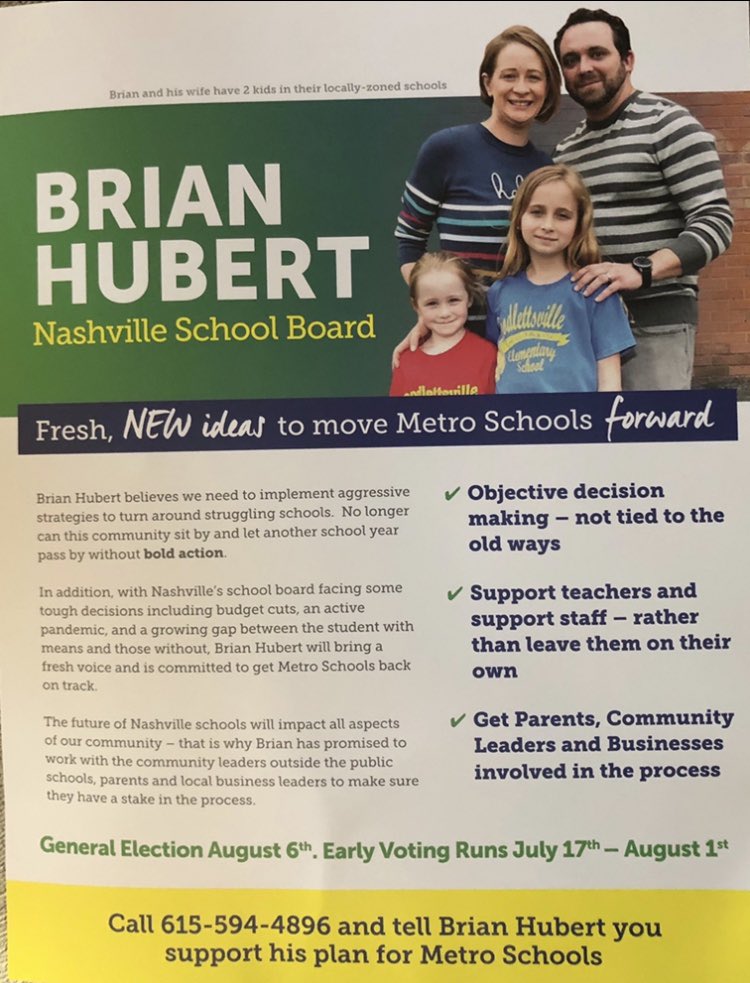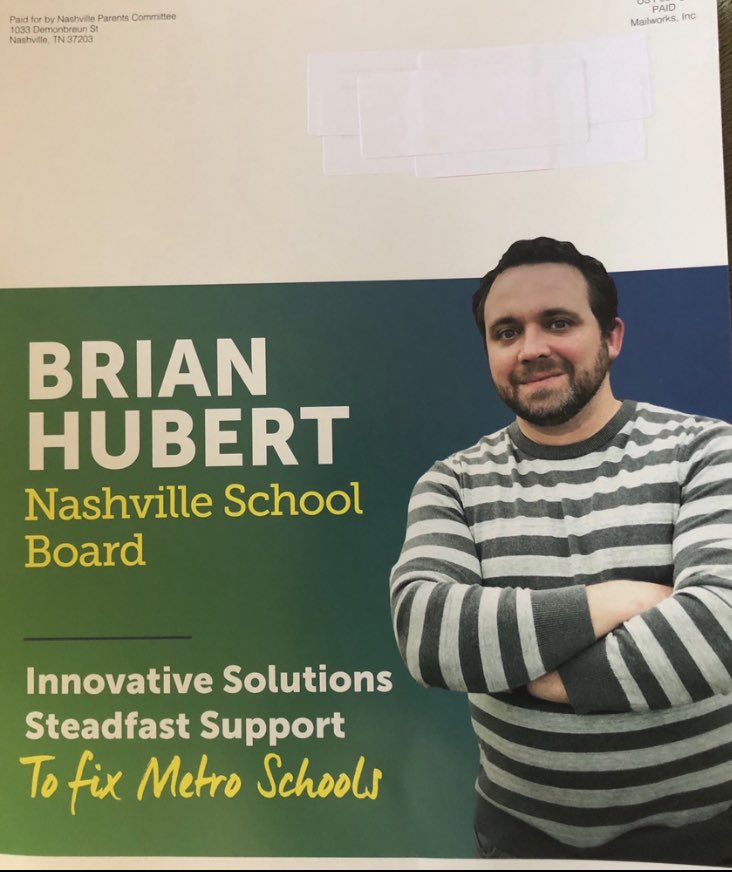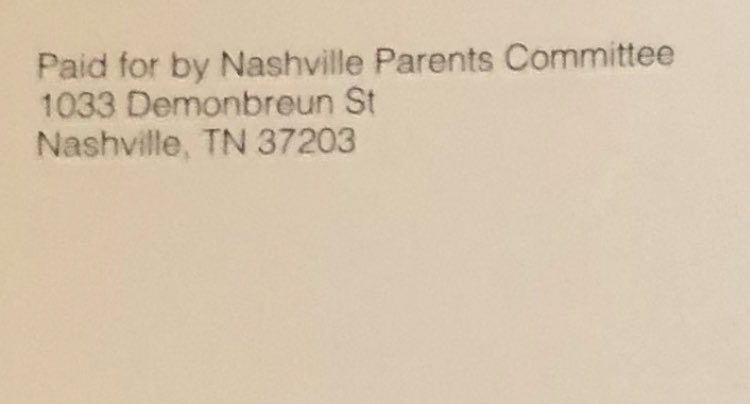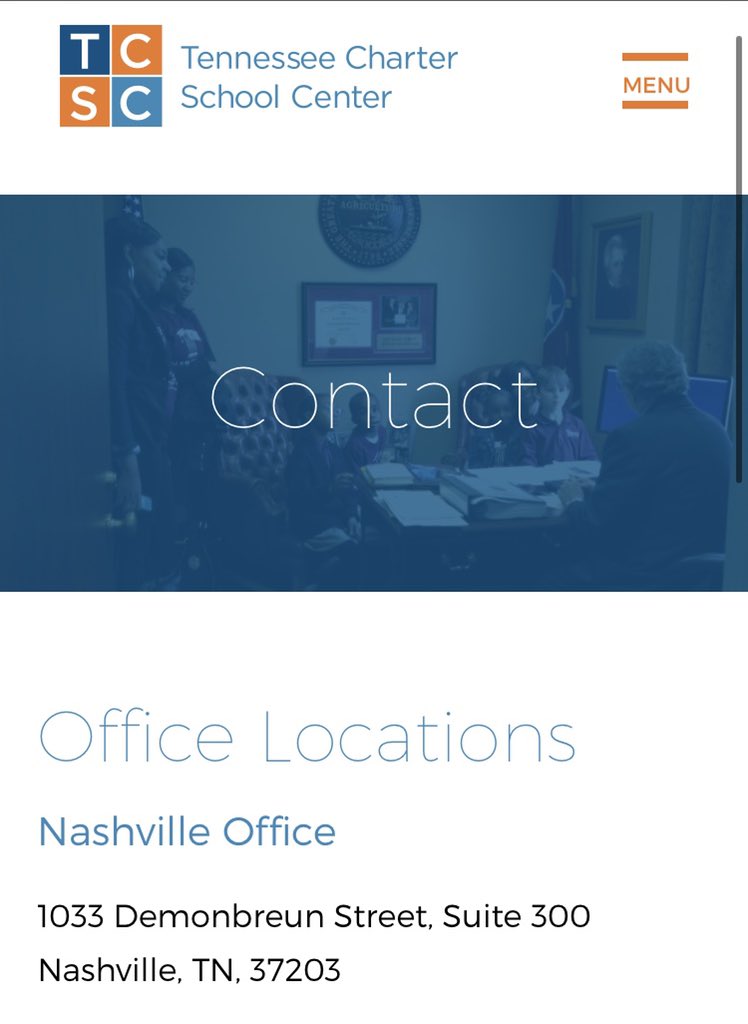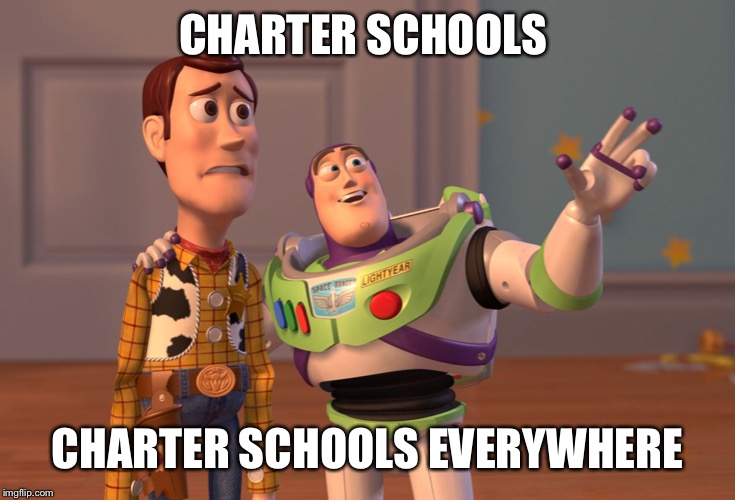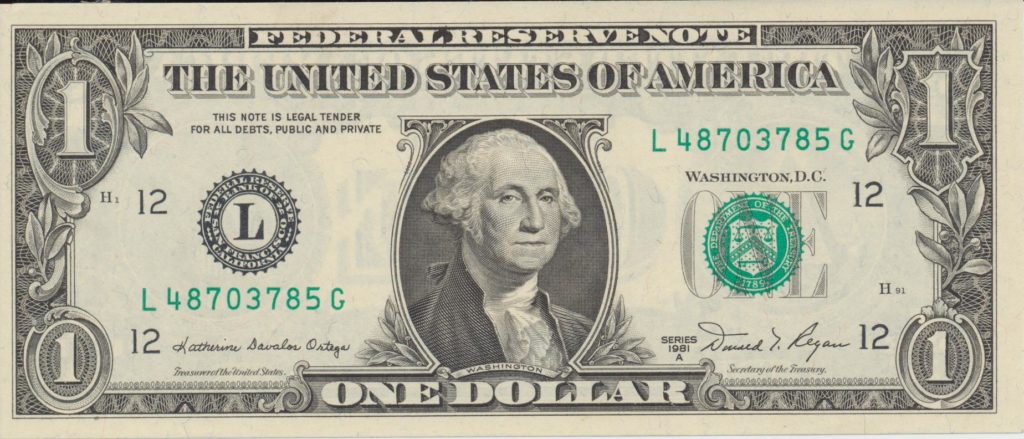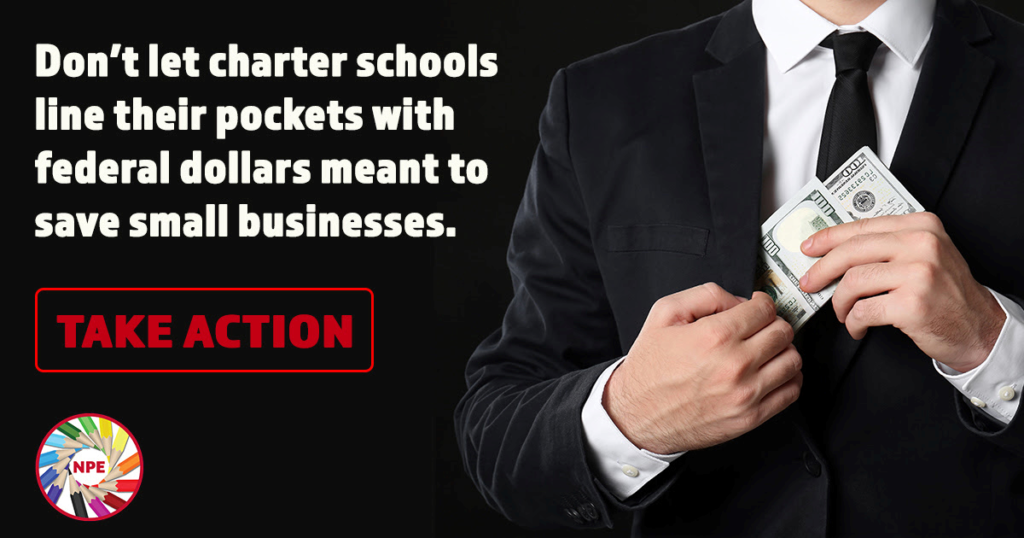Amy Frogge solved the mystery:
Here’s the story:
A few days ago, I shared a Tennessee Education Report piece about mailers sent out in the District 3 school board race on behalf of candidate Brian Hubert. It garnered a really interesting response.
The mailers came from a group called the “Nashville Parents Committee,” and the address listed on the mailers was the same as that of the Tennessee Charter School Center. After TN Ed Report put out its blog post suggesting that the TN Charter Center was responsible for the mailers (a logical assumption), both Brian Hubert and his wife responded that they were unaware of these mailers and did not coordinate with the “Nashville Parents Committee.” Then, a couple of days later, the Tennessee Charter School Center issued a response disavowing the mailers.
As it turns out, the registered agent for the “Nashville Parents Committee” is Todd Ervin, a tax attorney at the well-heeled Bass, Berry & Sims law firm. (I’m going to hazard a guess here that Mr. Ervin has not formed this committee to advocate for his children’s local public schools.) Mr. Ervin also just happens to be the registered agent for Tennesseans for Student Success.
Tennesseans for Student Success is a pro-school privatization organization that was set up to support Governor Haslam’s education agenda. This group shares the same agenda as the Tennessee Charter School Center and has recently inserted itself into Representative Mike Stewart’s Democratic primary by supporting his opponent James Turner (see comments). Although it appears that Haslam is no longer involved with Tennesseans for Student Success, it is still very active. It promotes charter schools, excessive standardized testing, and teacher “accountability” (our deeply flawed teacher evaluation model that evaluates 70% of TN teachers on classes they’ve never taught). These are all tentacles of the “school choice” movement. Unreliable standardized test scores are used to prove that TN schools are “failing” and thus to market new and “innovative” solutions, such as vouchers, more charter schools, and more tests and test prep to “assess” how our students and teachers are performing. The common theme here is profit for private interests.
Over and over again, we find ourselves fighting the same battles in different guises against various forms of corruption. It becomes exhausting. During my 8 years on the board, we first had to fight against charter school proliferation (which drains money from public schools and directs it to private interests) and absurd amounts of standardized tests for our children. Then came vouchers (for the moment, defeated!). Now the battle has morphed once again. Former Nashville superintendent Shawn Joseph and current TN Commissioner of Education Penny Schwinn, both affiliated with the Eli Broad network, are part of the latest scam to direct public funds to private interests and education vendors in the form of no-bid contracts. (Broad also pushes charter schools.) Millions and millions of dollars are at stake in these efforts. But make no mistake, all of this is ultimately about personal greed at the expense of children.
On a related note, I mentioned in my original post that District 9 candidate Russelle Bradbury is a former Teach for America teacher who has made pro-charter school statements. This matters because TFA and charter schools have a symbiotic relationship, and TFA candidates, like former school board member and TFA executive Elissa Kim, typically view charter schools and standardized testing as the only “solutions” to public school challenges. (I know there are good TFA teachers in our school system, some of whom have even taught my own children, but all of this is beside the point.) Ms. Bradbury denied that she was ever a TFA teacher, to which I responded that she has said (both verbally and in writing) that her “Mom likes to tell people, ‘Russelle did Teach for America, on her own!'” I’ve invited her to respond, but have not heard back.
Keep your eye on these dark money groups that don’t serve the best interests of Nashville’s students. Even when candidates don’t coordinate with groups like Tennesseans for Student Success, organizations like these typically fight against the candidate whom they view as the most effective advocate for true public education. And, as always, just follow the money!


